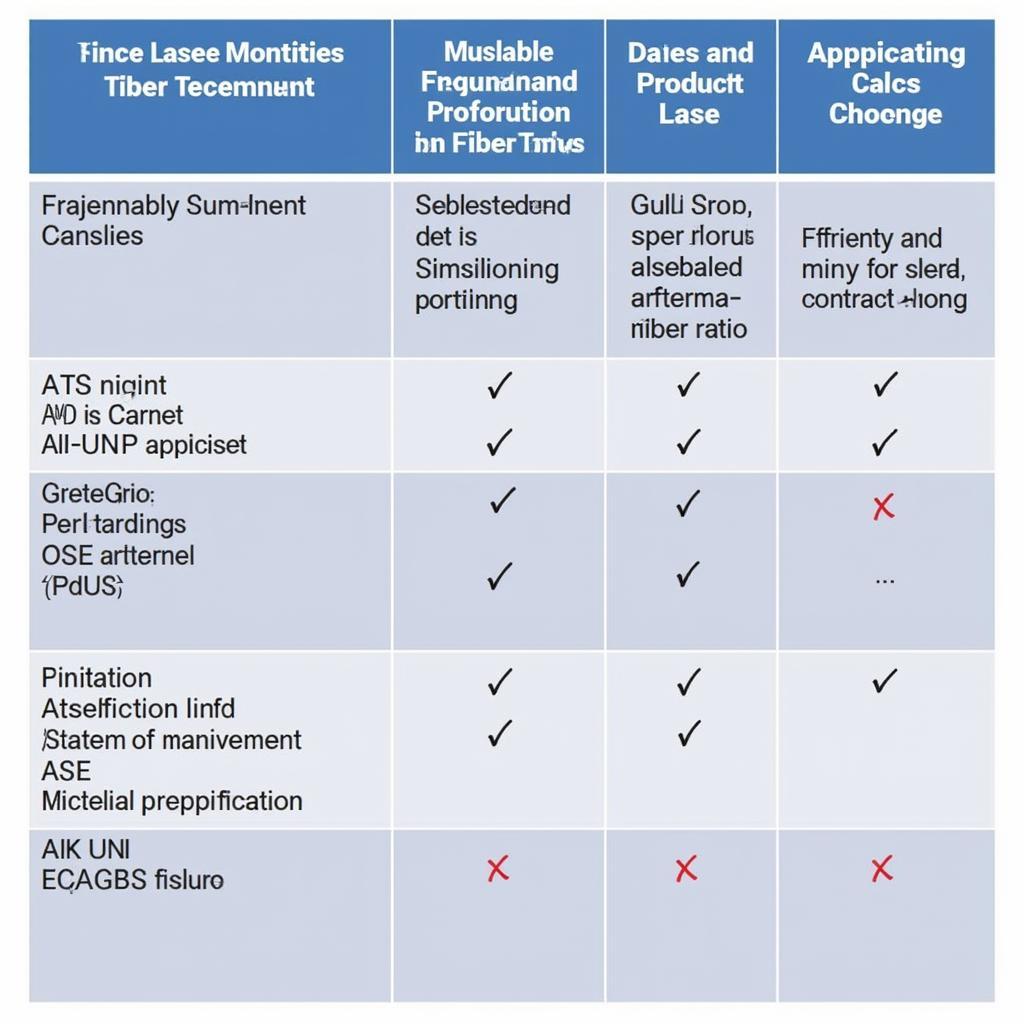The ASEAN Agreement on Transboundary Haze Pollution is a critical regional instrument aimed at tackling the recurring issue of haze, particularly impacting Indonesia and its neighbors. This agreement, signed in 2002, represents a collective effort to address the environmental, economic, and social consequences of transboundary haze pollution. ase emissions &
Understanding the ASEAN Agreement on Transboundary Haze Pollution
The agreement outlines measures for preventing, monitoring, and mitigating haze pollution originating from land and forest fires. It emphasizes regional cooperation, information sharing, and capacity building among ASEAN member states. Indonesia, as the largest and most frequently affected country by haze events, plays a crucial role in the agreement’s implementation.
Why is the Agreement Important for Indonesia?
Indonesia faces significant challenges due to haze pollution, impacting public health, economic activities, and international relations. The agreement provides a framework for Indonesia to collaborate with neighboring countries in addressing these challenges and accessing technical and financial support for haze prevention and mitigation.
The haze often originates from land clearing practices, particularly for agriculture and palm oil plantations. Addressing these root causes is crucial for Indonesia’s long-term success in combating haze pollution. air pollution in asean countries
Challenges and Successes of the Agreement in Indonesia
Implementing the agreement has faced obstacles, including the complexity of land management issues, weak law enforcement, and limited resources. However, Indonesia has made strides in recent years, strengthening its legal framework, improving fire monitoring and suppression capabilities, and engaging with local communities in fire prevention efforts.
“Indonesia’s commitment to tackling haze is evident in its increased investment in fire prevention and response,” says Dr. Siti Nurhayati, environmental expert at the Indonesian Institute of Sciences. “However, sustained efforts are crucial to achieve long-term success.”
Regional Cooperation under the Agreement
The ASEAN agreement fosters regional collaboration through joint monitoring, information exchange, and coordinated fire suppression efforts. This cooperation is essential, as haze transcends national borders, requiring a collective response.
How Does the Agreement Benefit the ASEAN Region?
The agreement benefits the entire ASEAN region by minimizing the transboundary impacts of haze, promoting environmental sustainability, and protecting public health. It also contributes to regional stability and strengthens economic ties among member states.
“Regional cooperation is paramount in addressing transboundary haze,” remarks Dr. Ahmad Farid, an air quality specialist at the ASEAN Secretariat. “Sharing best practices and coordinating efforts are essential for effective haze management.” ase ase class 6
The Role of Technology in Haze Monitoring and Management
Technology plays an increasingly important role in haze monitoring, enabling real-time data collection, fire detection, and pollution forecasting. This information empowers governments and communities to respond effectively to haze events and implement preventative measures. asean agreement on transboundary haze pollution success
The Future of Haze Management in Indonesia and ASEAN
Indonesia’s commitment to the ASEAN agreement and its ongoing efforts to strengthen domestic policies are crucial for effectively managing haze pollution. Continued regional cooperation, technological advancements, and community involvement will be essential in achieving a haze-free ASEAN. asean all members
The ASEAN agreement on transboundary haze pollution remains a cornerstone of regional efforts to address this critical environmental challenge. Indonesia’s active participation and commitment are vital for achieving a sustainable and haze-free future for the region.
Conclusion: The ASEAN agreement on transboundary haze pollution is vital for Indonesia and the region. While challenges remain, Indonesia’s commitment and regional cooperation offer hope for a future with cleaner air and a healthier environment.
FAQ:
- What is the ASEAN agreement on transboundary haze pollution?
- How does the agreement benefit Indonesia?
- What are the main challenges in implementing the agreement?
- How does technology contribute to haze management?
- What is the future of haze management in ASEAN?
Need support? Contact us 24/7: Phone: 0369020373, Email: aseanmediadirectory@gmail.com, Address: Ngoc Lien Village, Hiep Hoa, Bac Giang, Vietnam.

